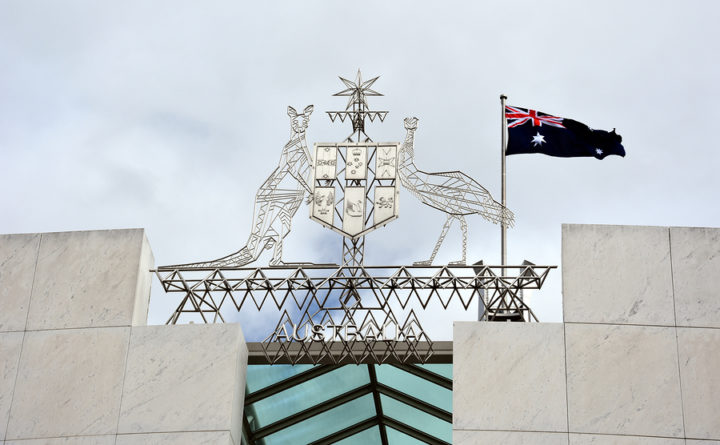A new report reveals mixed expectations about whether or not the upcoming Federal Budget 2020 will deliver the measures businesses need, with larger corporations more optimistic than their smaller counterparts about how they will fare.
According to the special Budget Edition of MYOB Business Monitor, prepared in partnership with Nous Group, confidence varies greatly by business size, with 75 per cent of businesses employing 100 people or more feeling confident that Budget 2020 will deliver benefits to them. By contrast, only 39 per cent of micro-businesses (those employing between one and four people) and 28 per cent of sole traders share such a sentiment.
MYOB CEO Greg Ellis said the confidence gap for smaller businesses might be correlated to the finding that micros and sole traders were least likely to see opportunities in the post-COVID-19 environment.
“While bigger businesses have benefited from increased productivity through flexible working or faster adoption of online services and e-commerce by customers, 66 per cent of sole traders and 49 per cent of micro-businesses saw no benefit afforded by the pandemic versus the national average response of 35 per cent,” Ellis said. “This demonstrates many smaller businesses lack optimism about the future and should be a critical focus within the upcoming Federal Budget.”
The survey of more than 1000 Australian SMEs highlighted the issues and expectations of small business ahead of the Federal Budget to be handed down next month. The report noted the top measures SMEs want to see in the Budget reflect fiscal and other levers for government:
- A lowering of the company tax rate (31 per cent).
- Cutting of red tape/removal of bureaucratic processes (26 per cent).
- More support for training and apprentices (24 per cent).
- Subsidies for businesses employing young Australians looking for work (22 per cent).
- Conversion of the instant asset tax write-off to a permanent policy (20 per cent).
- More flexible industrial relations system (18 per cent).
Ellis said that governments had done a good job so far in providing stimulus, but efforts should be ramped up in other areas that government can influence, including digitisation and by offering more support to Australia’s sole traders and micro-businesses.
“This Budget presents an opportunity for Australia to accelerate digital adoption for our small businesses, setting them up to prosper as we map the road to recovery,” Ellis said. “What is also clear from our research is that it’s time to sharpen the focus on sole traders and micro-businesses. Our data shows 18 per cent of sole traders and 36 per cent of micro-businesses accessed the first wave of JobKeeper, versus the average of 42 per cent.”
MYOB is calling on the Government to:
- Mandate B2B eInvoicing with industry rollout, helping SMEs to overcome the challenges of late payments, a critical concern to 44 per cent of them.
- Revise online payment frameworks to protect SMEs from fraudulent liability.
- Deliver tax incentives for SMEs to increase adoption of essential digital tools.
Steve Corcoran, Chief Economist at Nous Group, said that half of the SMEs surveyed want the government to invest more in infrastructure and innovation.
“Investment in infrastructure and innovation will boost employment – particularly in the regions,” Corcoran said. “These investments anchor economic activity and enable employment – particularly in small businesses. These investments also help money to move at pace through Australia’s economy.”













